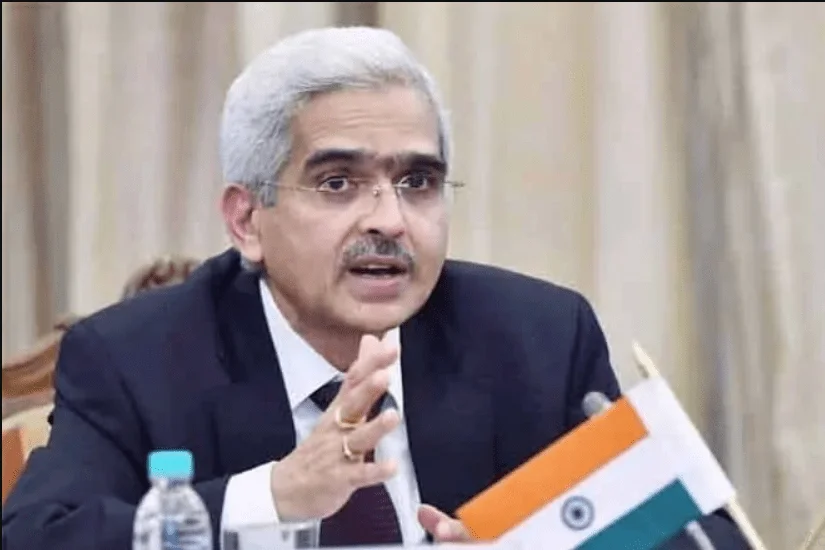According to a former Deputy Governor of the Reserve Bank of India, cryptocurrencies are taxable assets or commodities.

In an interview with the Financial Times, the former Deputy Governor of the Reserve Bank of India (RBI) spoke out against the country’s financial and crypto ecosystems, stating that digital assets must be embraced.
According to Rama Subramaniam Gandhi, who spoke at the inaugural HODL ’21 virtual conference organized by the Blockchain and Crypto Assets Council (BACC) of the Internet and Mobile Association of India (IAMAI) on Sept. 7, cryptocurrency can be used for payments in economic activities, but it is more of an asset class.
With proposals and regulations currently being debated by legislators in India, the regulatory position remains a source of uncertainty.
Earlier this month, the government said that it was working on a draft bill that would designate cryptocurrencies as commodities, which would allow them to be subject to taxation in certain circumstances. If the bill is passed, it would prohibit them from being used for payments and instead enable them to be traded and invested in as assets.
However, in February 2020, the Supreme Court overruled the central bank’s decision, which prohibited all commercial banks from allowing their customers to conduct cryptocurrency-related transactions in 2018.
The former governor of the central bank, Gandhi, believes that cryptocurrencies should be considered as an asset or commodity and taxed accordingly.
He worked at the bank from 2014 to 2017. Making digital assets legal and treating them as such will enable Indians to invest in and hold digital assets in their own. He went on to say that if the assets were mined rather than acquired, the assets should be subject to capital gains tax as well.
“Cryptocurrencies should be paid for through normal payment channels. If they are not, it should be deemed mined, and capital gains tax must be levied. That is like voluntary disclosure.”
According to the former central banker, cryptocurrencies would be utilized for criminal activities if there were no rules or government control in place. In order to ease trade while still preventing illicit use, he explained, transactions may be tracked through a single repository.
Gandhi noted that the government should maintain an open mind toward commercial transactions involving cryptocurrencies, but he expressed concern about the anonymity characteristics that some blockchains offer, adding that society must conform to any compliance standards established by the government.
“A state will always want to give freedom to its citizens in terms of economic transactions. It enforces contractual obligations and taxes income and gains. So, any economic activity should be amenable to these kinds of things.”
